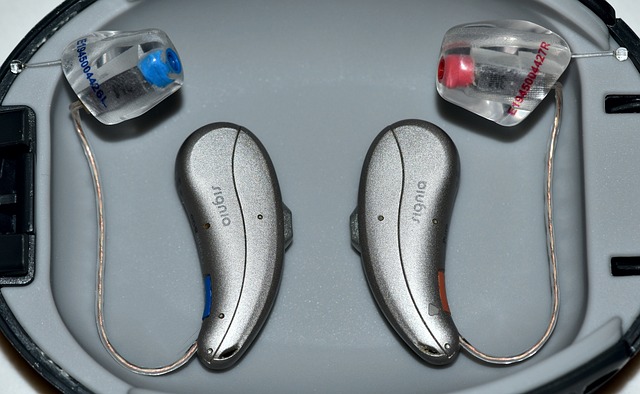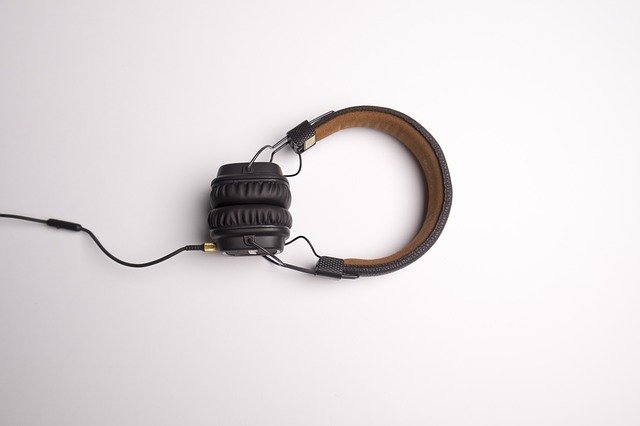Your ears not only help you to hear, but they work with your body’s different systems. They help you to understand your place in any environment.
Many have discovered that most balance issues directly relate to our ears. Ear balancing disorders can make you feel wobbly, unsteady, or even continuously moving.
These particular sensations can indeed have a detrimental effect on your ability to walk, sit up, or even to stand straight.
In this article, we’ll be looking at all the ways hearing loss affects our balance. Read on to know more about it.
How Do You Balance Yourself?
Our entire balance system depends on the ear’s labyrinth, a network of tissues and bones located right inside our inner ear. This labyrinth brings together the otolithic organs, cochlea, and the semicircular canals,
The canals of the ears are used to maintain balance, while the cochlea is required for hearing. All these appear to be three circular loops and they can make you feel different kinds of motion.
One senses upward or downward movements, another feels side-to-side movements, and the final one senses tilting! So, when fluid moves inside these tubes, the ears’ hair cells feel each and every movement and easily transit them to your brain.
This entire procedure empowers us with the knowledge of how we move and whether the movement is in proper balance. Moreover, our balancing system is so delicate that it can even identify when moving inside an elevator or vehicle.
The issues with our inner ear might include problems such as:
- Nausea
- Vertigo
- Dizziness
Moreover, due to this condition, you may feel that you are moving, but in reality, you are actually not. Even motion sickness and various other issues can occur due to balance disorders. Severe cases of vertigo can make you feel sick when you are lying down on your bed!
Several things can contribute to balance issues, but more facts are required to firmly state that hearing impairment can lead to balance disorders.
The ears are doing more than only helping us to hear, and the semicircular canals in the ears can lead to balancing problems for people.
Can Deafness Cause Balancing Problems?
Although some conditions might initiate balance problems, balance problems are not always due to hearing loss. Not everyone who suffers from balance-related issues is suffering from hearing loss.
However, certain diseases like Meniere’s disease and Labyrinthitis might result in balancing issues and even severe hearing loss.
Labyrinthitis is an inner ear infection. This occurs when the labyrinth (a specific structure within the inner ear) starts to swell and becomes inflamed. It can eventually lead to conditions like tinnitus, nausea, vertigo, and hearing loss. This particular condition is usually known to be vestibular neuronitis, but the only difference is it doesn’t involve any hearing loss.
Hearing loss is possible if the entire condition turns into Labyrinthitis. Although this problem can be cured in most cases, when the infections get too severe, then this can have long-lasting damages.
Meniere’s disease, once called Endolymphatic Hydrops, is an increased pressure built in the labyrinth.
Moreover, this disease has no cure, but with medications, it can be managed. Patients who suffer from this condition usually start to feel the pressure growing inside just before this condition fully develops.
Although, within several years, this condition might go away on its own but there’s no treatment for this; all you have to do is wait!
The Causes of Balance Disorder
The different organs of the body work together to ensure balance, and the ears play a vital role here. Therefore, problems with your inner ear can also contribute to balance disorders.
Here are some of the most common problems that can cause balance disorder issues.
- Head injury
- Ear infections
- Tumours
- Blood circulation issues inside the inner ear
- Arthritis
- Medications
- Low blood pressure
- Eye muscle imbalance
To know the actual reason for any balance disorder, you must contact a specialist when you start to face balance problems. Even an expert will also run tests to clarify that you don’t have any issues regarding your inner ear.
There are such ear infections like Labyrinthitis and Meniere’s disease that can cause hearing loss, vertigo, and tinnitus. So, when tests are run, it will be clear what sort of issues you are facing that can lead to a balance disorder.
Balance Disorder Treatment
Balance disorder treatments entirely depend on the type of condition you are suffering from.
Many patients with untreatable and permanent balance issues seek out various ear balancing disorder exercises. Such exercises are commonly called VRT or Vestibular Rehabilitation Therapy.
These exercises will help your balance system be aware of specific movements, which will then eventually make it simple for you to move without even triggering your vertigo.
Although it may not entirely solve the issue, it can indeed prevent you from falling and make it easier for you to move on with vertigo.
Many patients who take VRT face fewer problems while turning their heads, bending over, and walking on patterned floors.
VRT exercises need to be performed accurately to receive positive effects. Moreover, a VRT expert will always be there to guide you with proper counselling and activities.
You may also consider hearing aids to deal with this problem. Visit nanohearingaids.com to order affordable hearing aids.
Final Thoughts
Hearing loss can indeed have adverse effects on your life, and balance disorders might be one of the worst-case scenarios. Although, not all hearing loss has a direct relation with balance disorders.
Labyrinthitis and Meniere’s disease might contribute to hearing impairment and balance disorders. However, VRT exercises and counselling might help recover from these conditions and help you live with them more easily.







